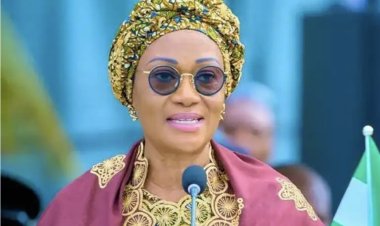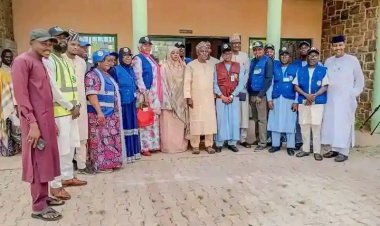UNICEF Urges Southwest States to Tackle Out-of-School Crisis
The United Nations International Children’s Fund (UNICEF) has urged Southwest governments and education stakeholders to focus on the retention, transition, and completion of secondary education for learners.

The United Nations International Children’s Fund (UNICEF) has urged Southwest governments and education stakeholders to focus on the retention, transition, and completion of secondary education for learners. This call was made during a two-day regional stakeholders’ meeting on out-of-school children for Ekiti, Lagos, Ondo, Osun, Ogun, and Oyo States, held in Ibadan.
UNICEF expressed its readiness to partner with Southwest states to address the out-of-school children challenge. UNICEF Education Specialist, Mr. Babagana Aminu, emphasized the need for states to adopt retention, transition, and completion models. He highlighted that retention of schoolchildren is a major challenge in the Southwest and called for urgent action from governments and educational stakeholders to address this issue. Aminu stressed the importance of 21st-century skills, foundational literacy, and transferable skills for students to thrive in today’s world.
Aminu stated that Nigeria must develop multiple learning pathways to tackle the growing out-of-school population, which varies across regions due to different factors. He noted that many children who start primary school do not complete junior secondary school, leaving their futures uncertain. Identifying out-of-school children, he added, is not about their physical appearance but how they interact and conduct business.
Azuka Menkiti, another Education Specialist at UNICEF’s Abuja Office, urged education stakeholders to prioritize adequate funding for secondary education and establish reliable data to advocate for support from state governors and donor agencies. She also emphasized the importance of engaging community and religious leaders to challenge and change social norms that hinder children from attending school.

 Salome A.
Salome A. 



